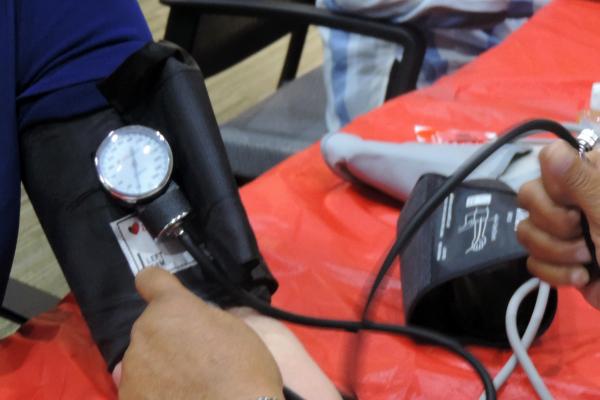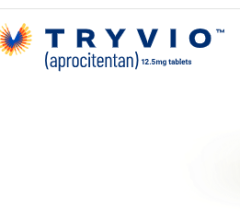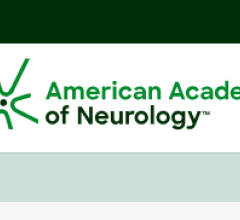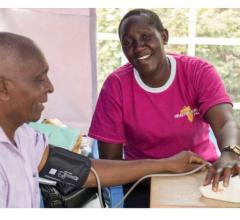
July 5, 2018 — Physician practices now have access to new resources to improve their standard of quality care for hypertension treatment based on the latest science. A new certification offered by the American Heart Association (AHA) aims to improve the outcomes of patients with complex or difficult-to-treat hypertension while partnering with medical practices and implementing evidence-based hypertension treatment guidelines.
Practices can apply for one of two hypertension center accreditation designations:
- Comprehensive hypertension centers, for hypertension treatment centers in academic medical centers or large multi-specialty clinics; and
- Hypertension practice centers, for private or group medical practices.
Hypertension, the No. 1 risk factor for cardiac deaths in the United States, is often considered a silent killer. Nearly half of American adults have high blood pressure (readings higher than 130/80) yet many do not even know they have it because there are often no obvious symptoms.
“Hypertension center certification recognizes medical practices and treatment centers committed to following proven treatment guidelines that can help improve health,” said Robert M. Carey, M.D. a member of the AHA’s hypertension certification committee and dean, emeritus, and professor of medicine at the University of Virginia’s School of Medicine in Charlottesville, Va. “This recognition provides the public and patients with assurance that these centers meet a high standard of quality care for treatment of high blood pressure based on the latest scientific research and guidelines."
Certification for hypertension centers was previously administered by the American Society of Hypertension, which announced in 2017 that it was dissolving as a singular enterprise and its organizational leaders and members would align with the mission and framework of the American Heart Association. These organizations have worked together to address dangers of hypertension by funding innovative research, advocating for stronger public health policies and providing critical tools, education and information to save and improve lives.
The association’s certification program offers providers access to tools to bridge gaps in care and to integrate evidence-based science, quality initiatives, clinical best practices and the latest scientific guidelines into their hypertension patient care processes.
For more information: www.heart.org/certification


 September 09, 2025
September 09, 2025 









